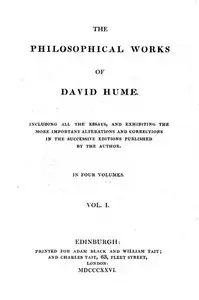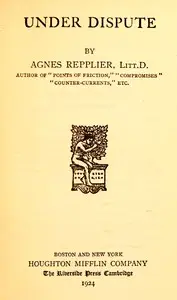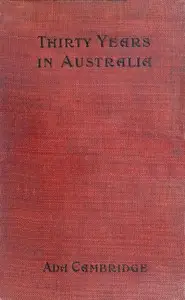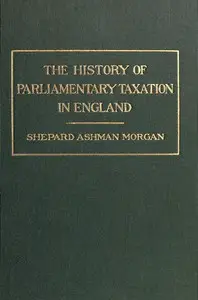"The History of England, Volume I" by David Hume is a historical account written in the mid-18th century. This work explores the history of England from the Roman invasion led by Julius Caesar to the Revolution of 1688, offering a detailed examination of political events, changes in governance, and significant figures across centuries. At the start of the volume, Hume provides a personal preface outlining his life, emphasizing his literary journey. He discusses his upbringing in Edinburgh, his early passion for literature, and his endeavors in philosophy, ultimately leading to his determination to write English history. The text introduces the narrative style Hume employs, combining historical facts with personal reflections, which sets the tone for his detailed recounting of England's past, including the wars and sociopolitical transformations that characterized the eras he covers. A particular focus is set on the early Britons and their encounters with Roman forces, showcasing the complexity of Britain's transition from tribal independence to Roman rule and beyond. (This is an automatically generated summary.)

The History of England, Volume I From the Invasion of Julius Caesar to the Revolution in 1688
By David Hume
"The History of England, Volume I" by David Hume is a historical account written in the mid-18th century. This work explores the history of England fr...
David Hume was a Scottish philosopher, historian, economist, and essayist who was best known for his highly influential system of empiricism, philosophical scepticism and metaphysical naturalism. Beginning with A Treatise of Human Nature (1739–40), Hume strove to create a naturalistic science of man that examined the psychological basis of human nature. Hume followed John Locke in rejecting the existence of innate ideas, concluding that all human knowledge derives solely from experience. This places him with Francis Bacon, Thomas Hobbes, John Locke, and George Berkeley as an empiricist.


















